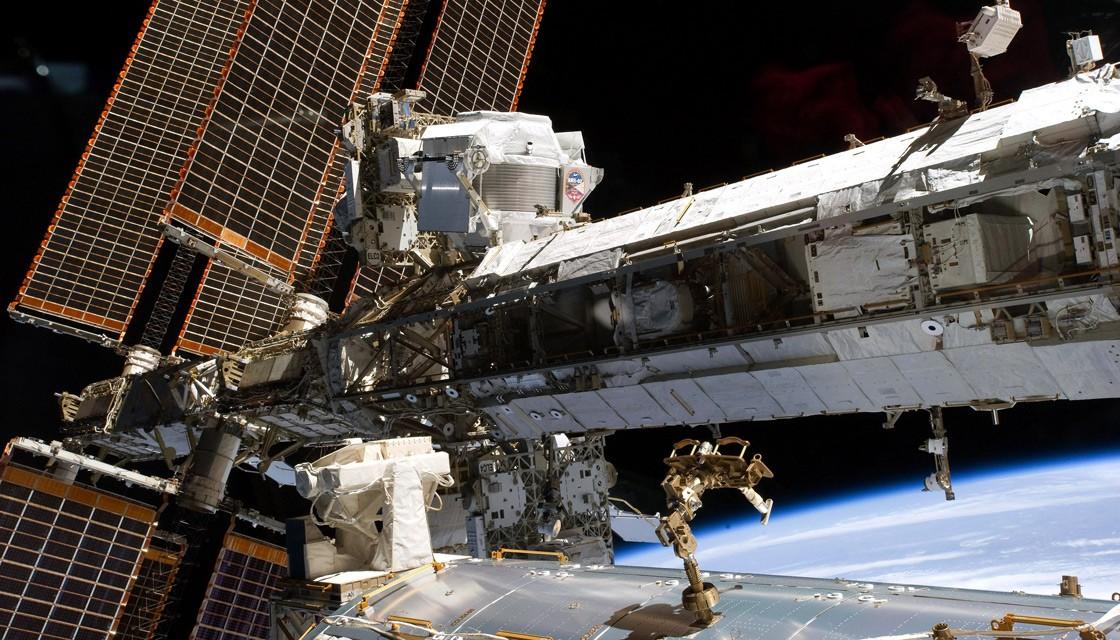
The International Space Station (ISS) was thrown briefly out of control when jet thrusters of a newly arrived Russian research module inadvertently fired a few hours after it was docked to the orbiting outpost, NASA officials said.
But the malfunction prompted NASA to postpone until at least 3 August its planned launch of Boeing's new CST-100 Starliner capsule on an uncrewed test flight to the space station.
The Starliner had been set to blast off atop an Atlas V rocket on Friday from the Kennedy Space Centre in Florida.
The mishap began about three hours after the multipurpose Nauka module had latched onto the space station.
The module's jets inexplicably restarted, causing the entire station to pitch out of its normal flight position some 400km above the Earth, US space agency officials said.
The "loss of attitudinal control" lasted for a little more than 45 minutes, until flight teams on the ground managed to restore the space station's orientation by activating thrusters on another module of the orbiting platform, according to Joel Montalbano, manager of NASA's space station programme.
In its broadcast coverage of the incident, RIA cited NASA specialists at the Johnson Space Centre in Houston, Texas, as describing the struggle to regain control of the space station as a "tug of war" between the two modules.
At the height of the incident, the station was pitching out of alignment at the rate of about a half a degree per second, Montalbano said hours later in a NASA conference call with reporters.
The Nauka engines were ultimately switched off, the space station was stabilised and its orientation was restored to where it had begun, NASA said.
Communication with the crew was lost briefly twice during the disruption, but "there was no immediate danger at any time to the crew", Montalbano said.
A drift in the space station's normal orientation was first detected by automatic sensors on the ground, and "the crew really didn't feel any movement", he said.
What caused the malfunction of the thrusters on the Nauka module, delivered by the Russian space agency Roscosmos, has yet to be determined, NASA officials said.
Montalbano said there was no immediate sign of any damage to the space station. The flight correction manoeuvres used up more propellant reserves than desired, "but nothing I would worry about", he said.
After its launch last week from Kazakhstan's Baikonur Cosmodrome, the module experienced a series of glitches that raised concern about whether the docking procedure would go smoothly.
Roscosmos attributed the post-docking issue to Nauka's engines having to work with residual fuel in the craft, TASS news agency reported.
The Nauka module is designed to serve as a research lab, storage unit and airlock that will upgrade Russia's capabilities aboard the ISS.
A live broadcast showed the module, named after the Russian word for "science," docking with the space station a few minutes later than scheduled.
"According to telemetry data and reports from the ISS crew, the onboard systems of the station and the Nauka module are operating normally," Roscosmos said in a statement.
"There is contact!!!" Dmitry Rogozin, the head of Roscosmos, wrote on Twitter moments after the docking.
Reuters


